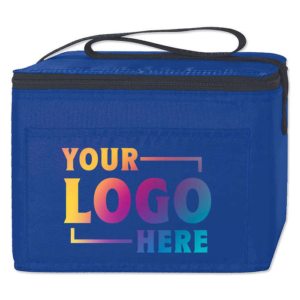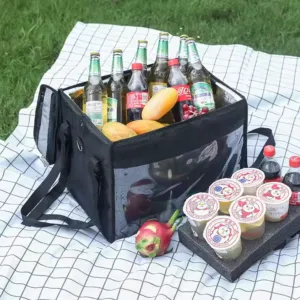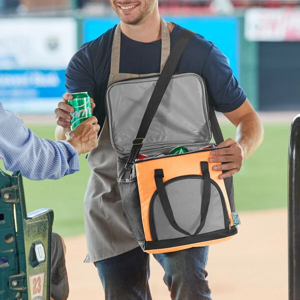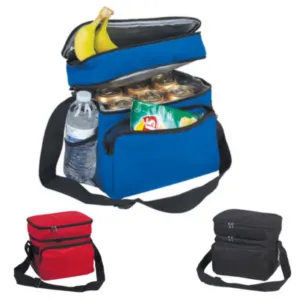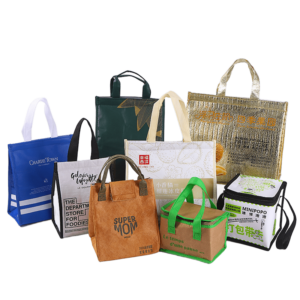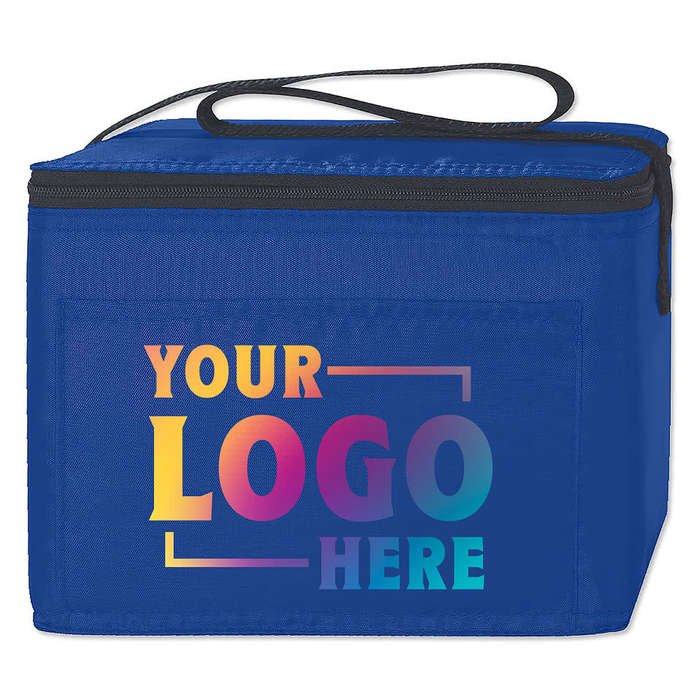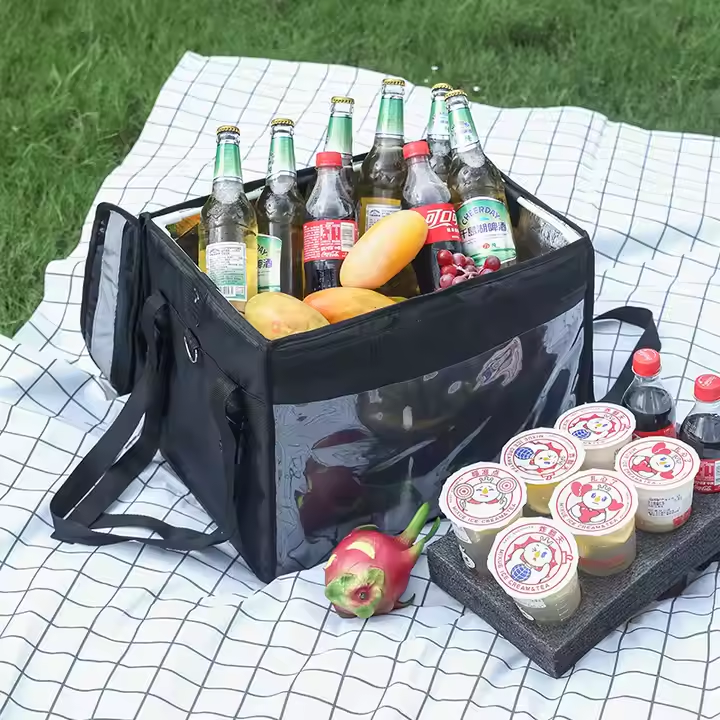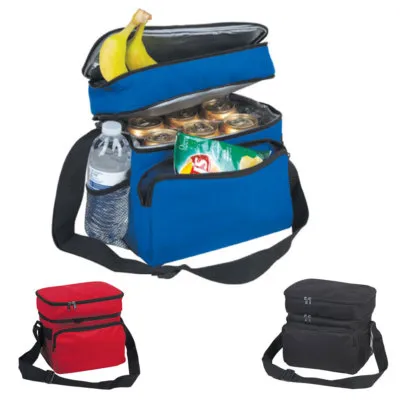Canvas bags are gaining global popularity as eco-conscious consumers and governments seek alternatives to plastic. This list identifies ten countries where canvas bag demand is strong, supported by regulations, consumer trends, and green initiatives.
10 Countries with Strong Demand for Canvas Bags

Countries like the U.S., UK, Germany, and China lead in canvas bag demand due to eco-friendly laws, growing green awareness, and reusable shopping trends.
More nations are joining the green movement. See how each country shapes the canvas bag market.
United States
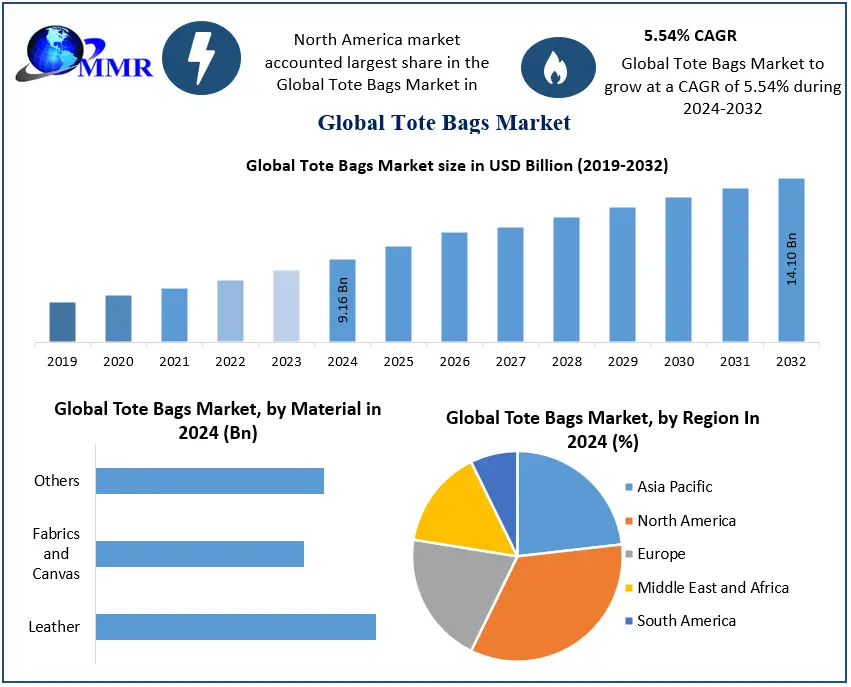
The U.S. market is one of the largest for canvas bags due to regional plastic bag bans1 and strong environmental marketing by major retailers.
Government Support and Retailer Innovation
Many states like California and New York ban single-use plastic bags. This pushes retailers to offer reusable alternatives. Brands like Trader Joe’s and Whole Foods encourage canvas bags with promotions and branding. Nonprofits partner with retailers to spread eco-awareness, increasing canvas bag adoption.
| Factor | Impact |
|---|---|
| Plastic bag bans | High |
| Retailer engagement | Strong |
| Consumer awareness | Growing |
Canvas bags also double as fashion statements in cities like New York and Los Angeles, helping them gain mainstream acceptance.
United Kingdom
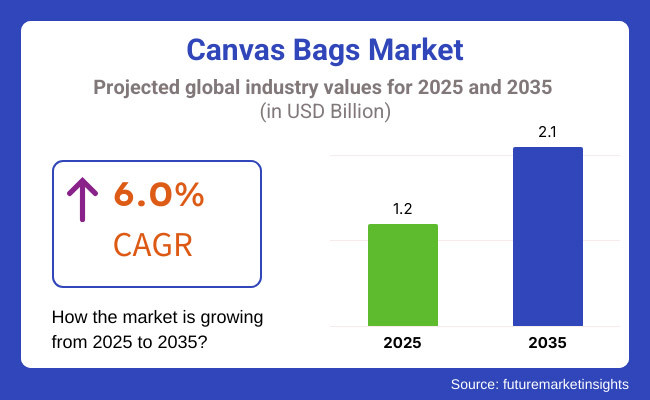
The UK canvas bag market has boomed since the government introduced a nationwide plastic bag charge.
Legislative Pressure and Retail Partnerships
Since 2015, UK law has required retailers to charge for plastic bags. This shifted consumer behavior almost overnight. Supermarkets like Tesco and Waitrose began promoting reusable canvas bags. M&S introduced designer canvas totes, combining sustainability and fashion.
| Factor | Impact |
|---|---|
| Bag tax policy | Effective |
| Retail adoption | High |
| Consumer culture | Supportive |
British consumers now associate canvas bags with responsible shopping and style.
Germany

Germany’s strong environmental laws and cultural preference for eco-living support a thriving canvas bag market.
Sustainability as a Lifestyle
Germany leads Europe in sustainable shopping habits2. Government bans on single-use plastic, combined with the popularity of farmers markets and eco-stores, make canvas bags a default. Local brands like Vaude and Hessnatur integrate canvas bags into broader eco-fashion lines.
| Factor | Impact |
|---|---|
| Eco-regulation | Very high |
| Market presence | Widespread |
| Local innovation | Strong |
German consumers often view canvas bags as symbols of personal environmental responsibility.
France
France promotes canvas bags through EU-wide regulations and domestic bans on plastic packaging.
Elegant and Sustainable
France banned plastic bags in 2016. Stylish canvas bags quickly filled the gap. High-end brands like Longchamp and Monoprix offer premium canvas totes. Fashion and eco-responsibility merge, making canvas bags popular with all age groups.
| Factor | Impact |
|---|---|
| Law enforcement | Active |
| Fashion industry push | High |
| Cultural fit | Strong |
The Parisian lifestyle now includes fashionable canvas bags for daily errands and casual outings.
China
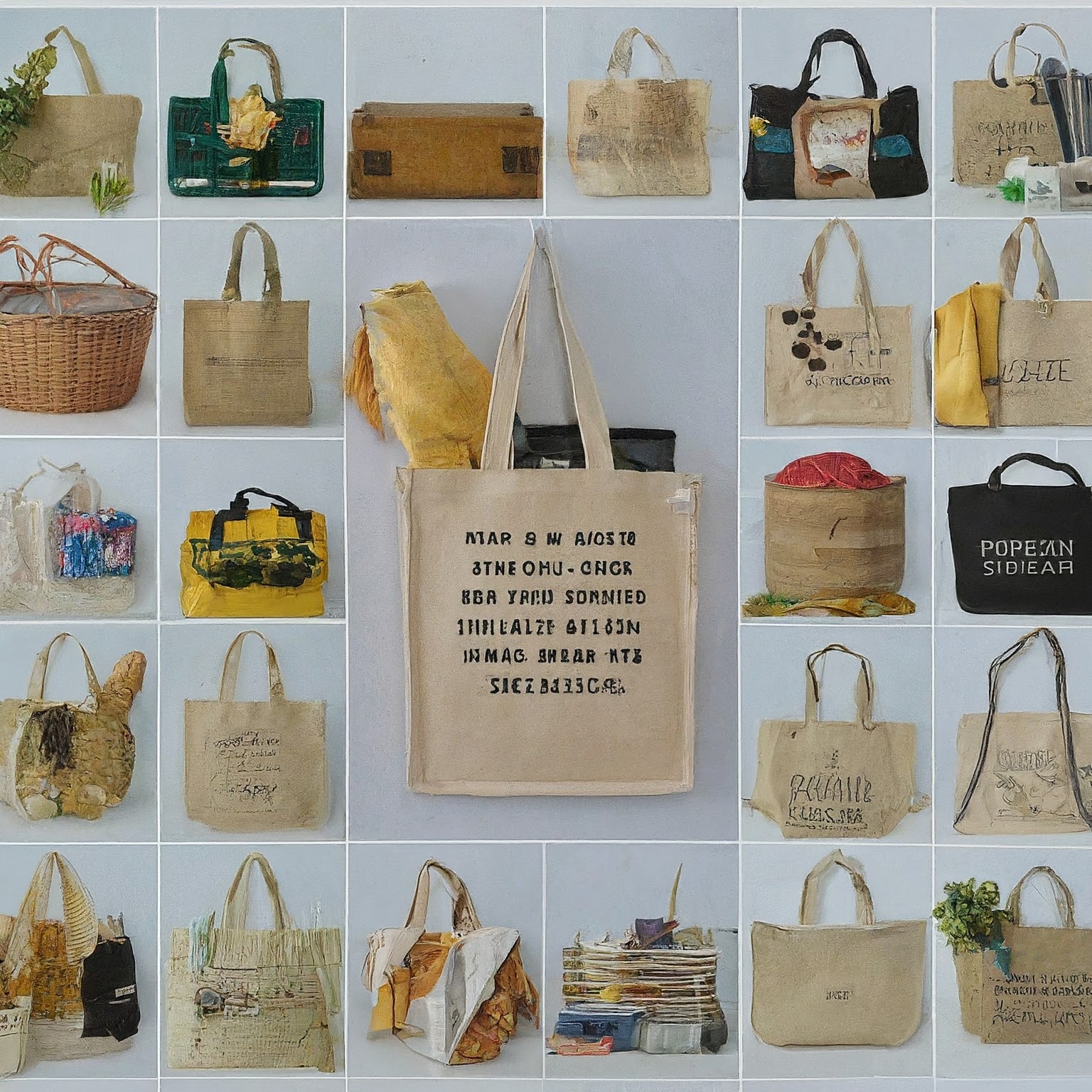
China’s growing urban middle class and environmental policies drive significant demand for canvas bags.
Eco-Shift in Consumer Behavior
China has been phasing out plastic bags since 2008, and more recently increased enforcement in large cities. Rising awareness, government campaigns, and influencer marketing make canvas bags popular, especially among youth and professionals. E-commerce platforms like Alibaba also promote customized canvas bags.
| Factor | Impact |
|---|---|
| Government initiative | Expanding |
| Urban demand | Rising |
| Online promotion | Dominant |
Canvas bags reflect modern values in China: stylish, functional, and responsible.
India

India’s 2022 ban on plastic bags accelerated the use of reusable canvas alternatives nationwide.
Local Production and Cultural Fit
Local manufacturers create affordable canvas bags with traditional Indian designs. The government’s “Clean India” mission and sustainability startups further boost demand. Major cities like Delhi and Mumbai now see canvas bags as part of everyday life.
| Factor | Impact |
|---|---|
| Plastic ban | Nationwide |
| Local supply | Strong |
| Affordability | High |
Canvas bags in India blend tradition, affordability, and eco-consciousness.
Japan
Japan’s minimalist lifestyle and focus on quality support a steady demand for durable canvas bags.
Cultural Alignment and Brand Endorsement
Japanese brands like Muji and Uniqlo promote simple, reusable canvas totes. Anti-waste culture and public education drive usage. Many see canvas bags as practical and aesthetically pleasing.
| Factor | Impact |
|---|---|
| Waste reduction policy | Influential |
| Retail culture | Supportive |
| Consumer mindset | Practical |
The canvas bag fits seamlessly into Japan’s clean and organized lifestyle.
South Korea

South Korea’s green policies and fashion-forward youth culture make canvas bags popular.
K-Fashion Meets Sustainability
Celebrities and influencers promote reusable canvas bags as part of casual K-style. The government restricts plastic use in retail, and many brands integrate eco-options into their collections.
| Factor | Impact |
|---|---|
| Fashion influence | Strong |
| Plastic regulations | Active |
| Youth engagement | High |
Canvas bags are seen as trendy, responsible, and a must-have accessory.
Canada

Canadian provinces support canvas bag use through government programs and eco-labeling.
Climate-Focused Retail Choices
Canada promotes reusable bags through outreach and incentives. Grocery chains like Loblaws and Metro sell canvas bags at checkout. Environmental awareness is high, especially among young adults and families.
| Factor | Impact |
|---|---|
| Public policy | Growing |
| Retail backing | Consistent |
| Demographic support | Youth-driven |
The shift to canvas is becoming a national habit in Canada.
Australia

Australia's strong eco-advocacy and retail bans on plastic bags foster a supportive market for canvas bags.
Beach Culture and Eco-Values
Major chains like Coles and Woolworths enforce plastic bans and offer canvas bags as primary alternatives. Environmental campaigns and coastal clean-up programs also push public demand.
| Factor | Impact |
|---|---|
| Plastic bans | Nationwide |
| Community involvement | Active |
| Retail availability | High |
Australians embrace canvas bags as part of a green lifestyle aligned with their outdoor culture.
Conclusion
These ten countries represent the core of a growing global movement toward sustainable packaging. Canvas bags are not just alternatives to plastic—they are cultural, environmental, and fashion statements. Based on our own experience at JiaRong Packing, orders from the U.S., UK, and Japan consistently request custom canvas bags with logos and unique patterns.
Let us know in the comments: which country's approach impressed you the most?


